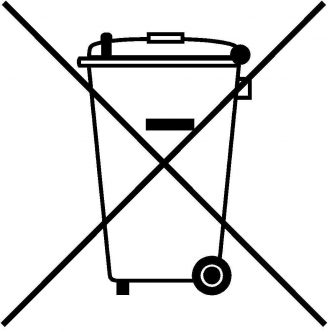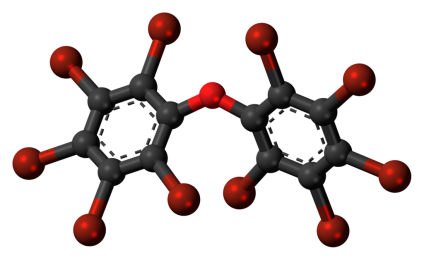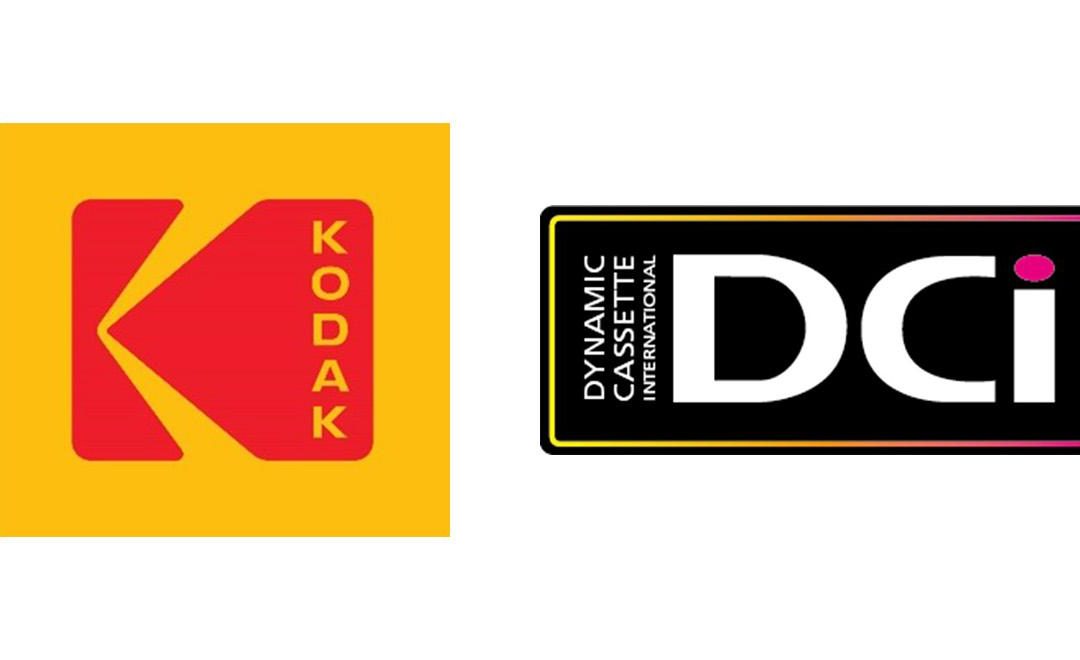 The recent changes in Persistent Organic Pollutants (POPs) regulation will impact the UK waste electrical and electronic equipment (WEEE) sector.
The recent changes in Persistent Organic Pollutants (POPs) regulation will impact the UK waste electrical and electronic equipment (WEEE) sector.
In an article on resource John Redmayne, Managing Director of ERP how these recent changes have impacted on the UK WEEE recycling sector and its effects on compliance schemes.
The EU has toughened the rules applicable to persistent organic pollutants, the UN-agreed list of dangerous substances. The regulation adopted by the Council ensures that people and the environment are better protected against these chemicals, the announcement reads.
The updated rules bring the regulation in line with the latest amendments to the Stockholm Convention, which provides the global legal framework for the elimination of the production, use, import and export of persistent organic pollutants.
Several changes align the regulation more closely with the general EU legislation on chemicals. As a result of these changes, there will be more clarity, transparency and increased legal certainty for all parties involved in the implementation of the regulation.
Persistent organic pollutants are chemical substances which are transported across international boundaries, far from their sources, and persist in the environment, bioaccumulate, and thereby pose a threat to human health and the environment.
The new rules will maintain the existing high level of protection of human health and the environment in Europe, but some tasks foreseen under the regulation will be transferred from the European Commission to the European Chemicals Agency (ECHA) in Helsinki, as this is expected to reduce the overall costs and to expand the scientific knowledge available for implementation.
Under the agreement, the flame retardant decaBDE was added to the list of substances and the unintentional trace contaminant value is set at 10 mg/kg for cases where decaBDE is present in substances. In addition, the unintentional trace contaminant value is set at 500 mg/kg for the sum of all BDEs, including decaBDE, where they are present in mixtures and articles. A review clause was inserted to assess all impacts on health and the environment of the limit value of 500 mg/kg for the sum of all BDEs.
Redmayne explains: “Brominated flame-retardants – and in particular decaBDE – were widely used in plastics in electrical and electronic equipment (EEE) until their usage was phased out in 2008. As a result, the Industry Council for Electrical Recycling (ICER) commissioned research to determine the concentration levels of POPs and various other hazardous substances in WEEE plastics. Through testing samples of plastics from different products across the WEEE stream, the study found that some equipment contained levels of POPs above the levels permitted and also identified other hazardous, flame-retardant chemicals.”
Redmayne continues: “The regulation dictates that the resulting waste ‘must be destroyed or irreversibly transformed’ – as a result, Approved Authorised Treatment Facilities (AATFs) and their secondary processors will now be required to make costly changes to the way that they store, treat and process some WEEE plastics.”
According to the article on resource within the sector, there is a concern that WEEE recycling rates may suffer as a consequence and that the new regulations may impact on compliance.









